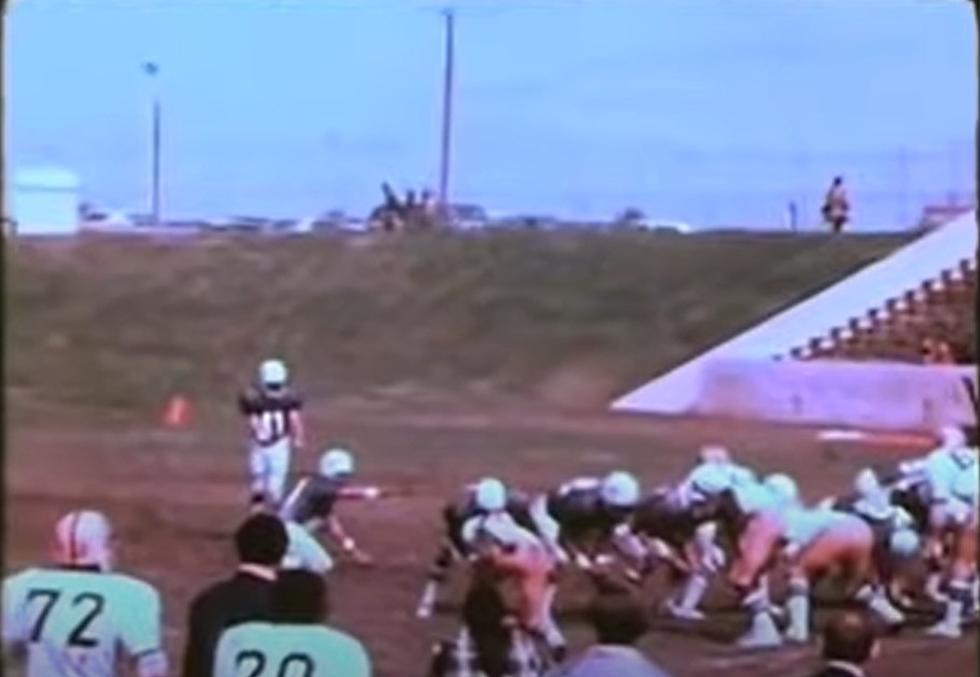
Walter Wendler – The Human Potential
Without trappings, the ultimate purpose of a university education is to enhance human potential. While wrapping up a high school visit in Amarillo, Texas, I asked the audience of students and parents if anyone had any questions. A young man sitting towards the back of the room with our head football coach asked me how West Texas A&M University might make him a better man. I found out later he was being recruited. This modern day “Rocky” (not his real name) said he wanted to be a good provider for his future family, a good husband and a good father. He wanted to know how the University might help him in attaining those goals. I visited many high schools and heard many questions from students, teachers, administrators and families. No question moved me the way Rocky’s did. In the milliseconds between my hearing the question and providing an answer, a number of thoughts crossed my mind.
Human capital is an important purpose for a university. It provides economic growth, an expectation for any university. A 2011 study by the Federal Reserve Bank of New York unsurprisingly supports this perspective. The cities of New York, Baltimore, Los Angeles and Boston all have significant student populations and provide the basis for much economic growth. In these metropolitan areas, work in diverse sciences, health care and engineering, as well as related disciplines, creates economic benefit through enriched human capital. This is in addition to the economic development that flows out of an engaged university through increased enrollment and resources for research and scholarly work funded from outside the environs of the institution. As the number of degrees produced increase, so does positive economic growth. This is a valuable aspect of human potential, to be sure. It is more easily measured than the impact of how a university might make a man a better husband. In these milliseconds, I pondered the relationship between human potential and human capital.
The power of Rocky’s question and his educational aspirations is awe-inspiring. In this short passing of time—milliseconds—I liked the value of the Rocky Hypothesis. We are here to help people become moral, not just economic engines of various sorts and sizes.
Human compassion usually leads to altruistic behavior. Universities work in many ways to help students be responsive to others. Compassion is an invaluable human behavior. Being involved in teams helps create compassion. Serving, sacrificing time and energy and helping are marks of compassionate people. It is not clear whether such behaviors are innate or learned. It is clear that compassion is an important part of getting along. Some scholars have suggested that instincts, such as Rocky’s desire to become a better man, are skills. Even if universities are not able to teach the native abilities or tendencies to show compassion, they can fortify those character traits. We can reinforce them if we are able to recognize them without fear. Cultivating compassionate behavior towards others helps create stronger communities and provides the cornerstone for increasing human potential.
Skills and abilities are central to the work of universities, but not the only goal. How our minds work, the nature of creativity, the benefits of critical thinking and problem-solving all play a role in an effective university education. Human potential is most fully realized when we utilize the fullness of our intellectual capacity. However, absent compassion, our intelligence is ultimately of little value; or as C.S. Lewis is claimed to have suggested, “Education without character may make a man a more clever devil.” A parallel thought attributed to Theodore Roosevelt, “A man who has never gone to school may steal from a freight car; but if he has a university education, he may steal the whole railroad.” Our ability to form moral relationships in business and personal life is an extension of our ability to have compassion and understand the human condition and our relationship to those around us, in the world around us.
Human skill sets developed during university study and through interaction with others are valuable. This breadth of exposure creates compassion, empathy and human understanding for attentive students, and all lie outside the bounds of pure reason. Such appreciations develop and cause us to be able to function as a team member and play a positive role in relationships, —from one-on-one, to one-on-a-million. The exercise of free will, practical reason, value, well-being, human nature, moral responsibility and the matrix of relationships on campuses large and small according to John Kekes in The Human Condition.
So, what did I tell Rocky? I told him we would do our best, but I could not offer any guarantees. Human nature is a tough challenge for anyone willing to ask. And, they must listen for the truth.
Walter V. Wendler is President of West Texas A&M University. His reflections are available at http://walterwendler.com/.
More From NewsTalk 940 AM









